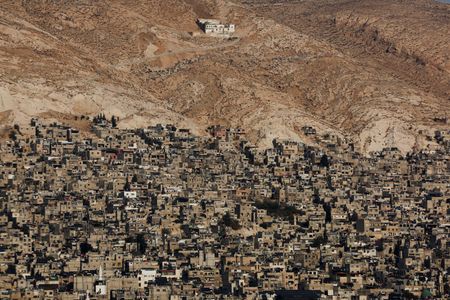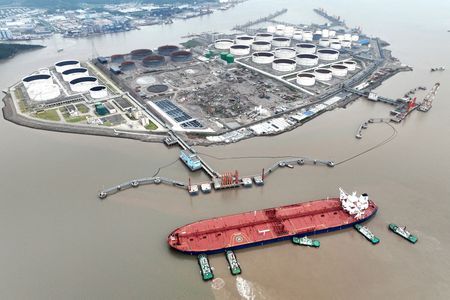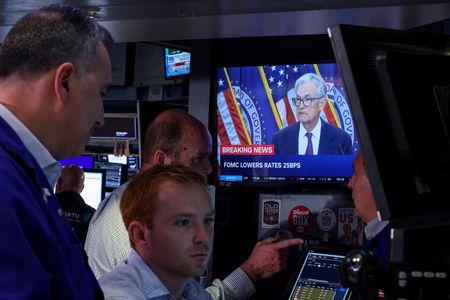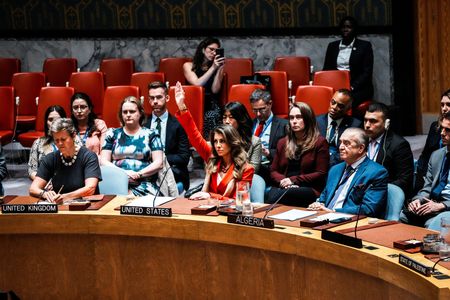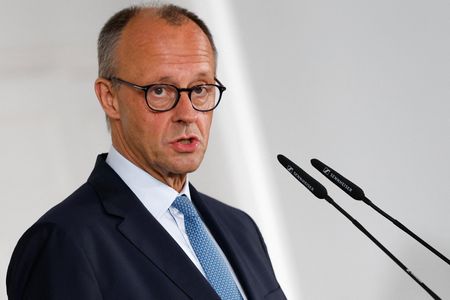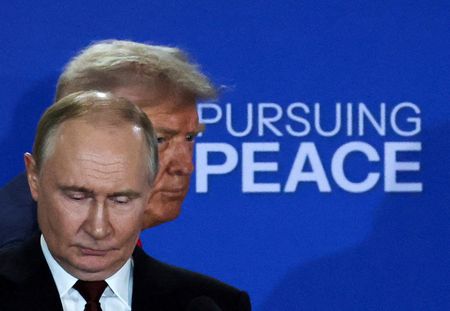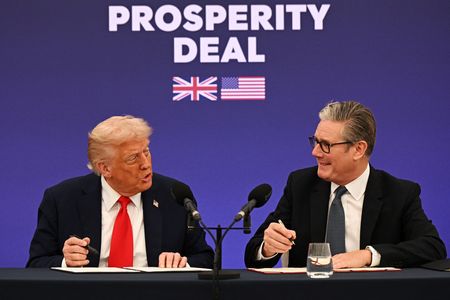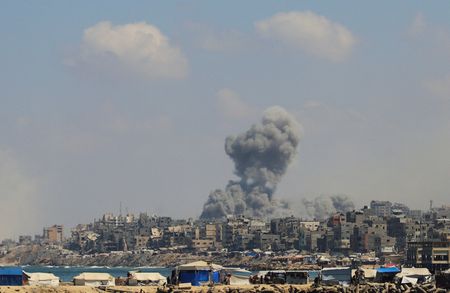By Timour Azhari
DAMASCUS (Reuters) – Western sanctions on Syria’s banking sector are preventing critical investments in the war-ravaged economy despite huge interest from Syrian and foreign investors since the fall of Bashar al-Assad, the country’s investment chief said.
“Sanctions have stopped everything. Right now, they are primarily on the Syrian people and are increasing their suffering,” Ayman Hamawiye, the 36-year old head of the Syrian Investment Agency, said in an interview at his office.
Hamawiye was appointed to the post by rebels-turned-rulers Hayat Tahrir al-Sham after their lightning offensive that ousted former Syrian president Assad last year.
He previously ran Syrian crisis response projects and worked on economic policy with HTS’ governing body in rebel-held Idlib province.
The Syrian Investment Agency was set up in 2007 to court investment as Assad sought to embark on reforms to liberalize an economy that ultimately remained heavily controlled by his family and a group of select businessmen.
Hamawiye said he was fielding dozens of requests per day from mostly Syrian, Turkish and Gulf Arab businesses, but also some Europeans, interested in projects ranging from building hospitals to establishing wind power and developing real estate.
“But they all say that it is difficult (to invest) given the banking sector remains under sanctions. You can’t show up with millions of euros in your suitcase. That is not a way to do business in today’s world,” Hamawiye said.
The U.S. in January issued a six-month waiver to its Syria sanctions, focused on the energy sector and financial transfers to Syrian governing authorities, but kept sanctions in place on the central bank, keeping Syria cut off from the international financial system.
The EU in late January also agreed on a roadmap to ease its wide-ranging Syria sanctions, which EU diplomats say may include lifting some measures in place on the banking sector, but details are still being worked out in Brussels.
“The steps taken so far on sanctions are inadequate,” said Hamawiye.
“In my opinion, everyone has an interest in these transactions going through a banking system with oversight and transparency rather than through informal transfer networks,” he said.
(Reporting by Timour Azhari in Damascus; Editing by Ros Russell)

